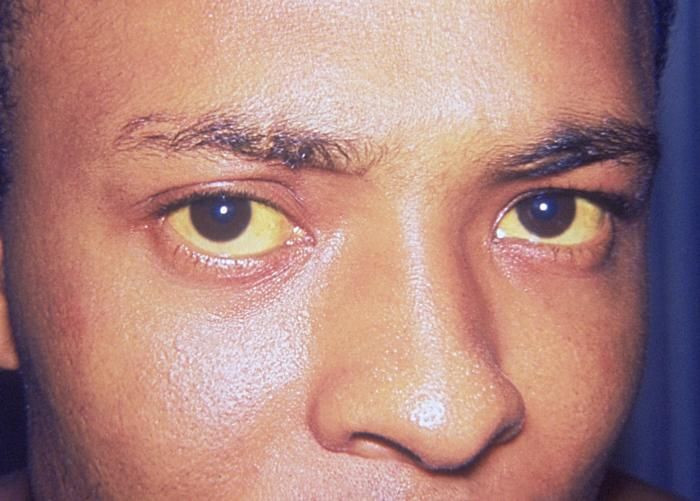Over 50% Hepatitis Cases Don't Follow Through With Testing, At Risk For Liver Disease, Says CDC

Baby boomers in the U.S. account for two out of every three hepatits C virus cases, according to a new report from the Centers of Disease Control and Prevention (CDC). And many of these Americans aren't receiving adequate medical care, as over 50 percent don't follow up after initial screening.
"Many people who test positive on an initial hepatitis C test are not receiving the necessary follow-up test to know if their body has cleared the virus or if they are still infected," said CDC director Tom Frieden, M.D., M.P.H.
Without complete testing, these individuals may not realize that they need medical treatment until it's too late. Hepatitis can cause serious liver damage and liver cancer; both of which normally take decades to develop in these patients. Hepatitis C-related deaths have nearly doubled over the past decade, and now account for more than 15,000 deaths each year in the U.S.
For this "Vital Signs" study, the CDC surveyed 8 locations across the U.S. - Colorado, Connecticut, Minnesota, New Mexico, New York City, New York state, Oregon, and San Francisco - from 2005 to 2011.
"Identifying those who are currently infected is important because new effective treatments can cure the infection better than ever before, as well as eliminate the risk of transmission to others," said John Ward, M.D., director of CDC's division of viral hepatitis
Two rounds of testing are needed to confirm a diagnosis of hepatitis C. The first stage checks to see if a person has mounted a immune response to the virus. When this happens, a person will produce antibodies that recognize the germ, and these antibodies can be detected by a medical test.
This immune response can sometimes clear the virus in two out of 10 cases, but the majority - 3 million Americans - will establish permanent infections. These can only be confirmed by a follow-up genetic screening for the virus' RNA.
Of 200,000 new hepatitis cases surveyed for this study, over half failed to return to their doctor's office for this second genetic test.
In response to these findings, the CDC is issuing updated guidelines for health care providers on hepatitis C testing.
One recommendation is that baby boomers, who are defined as patients born from 1945 through 1965, and all persons at risk should ask their doctor, nurse, or other health care provider about getting tested for hepatitis C.
"Hepatitis C has few noticeable symptoms, and left undiagnosed it threatens the health of far too many Americans - especially baby boomers," said Dr. Ward.
Published by Medicaldaily.com



























